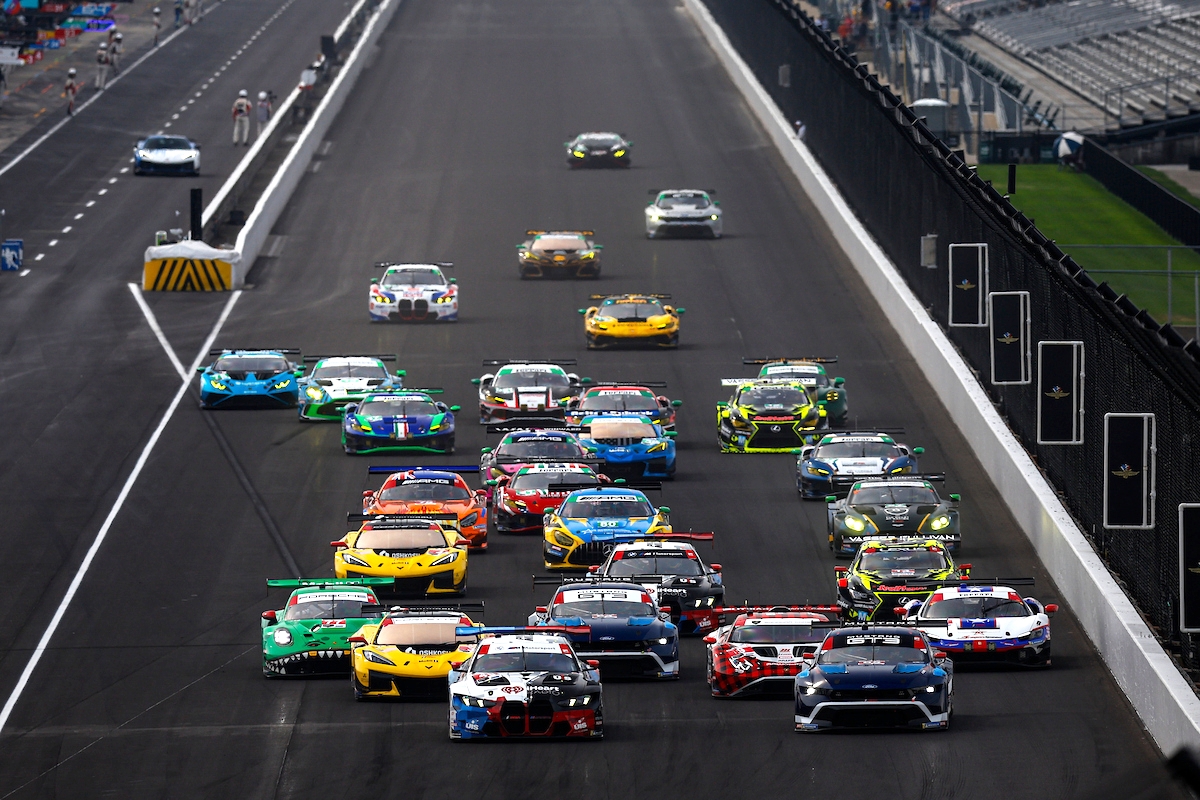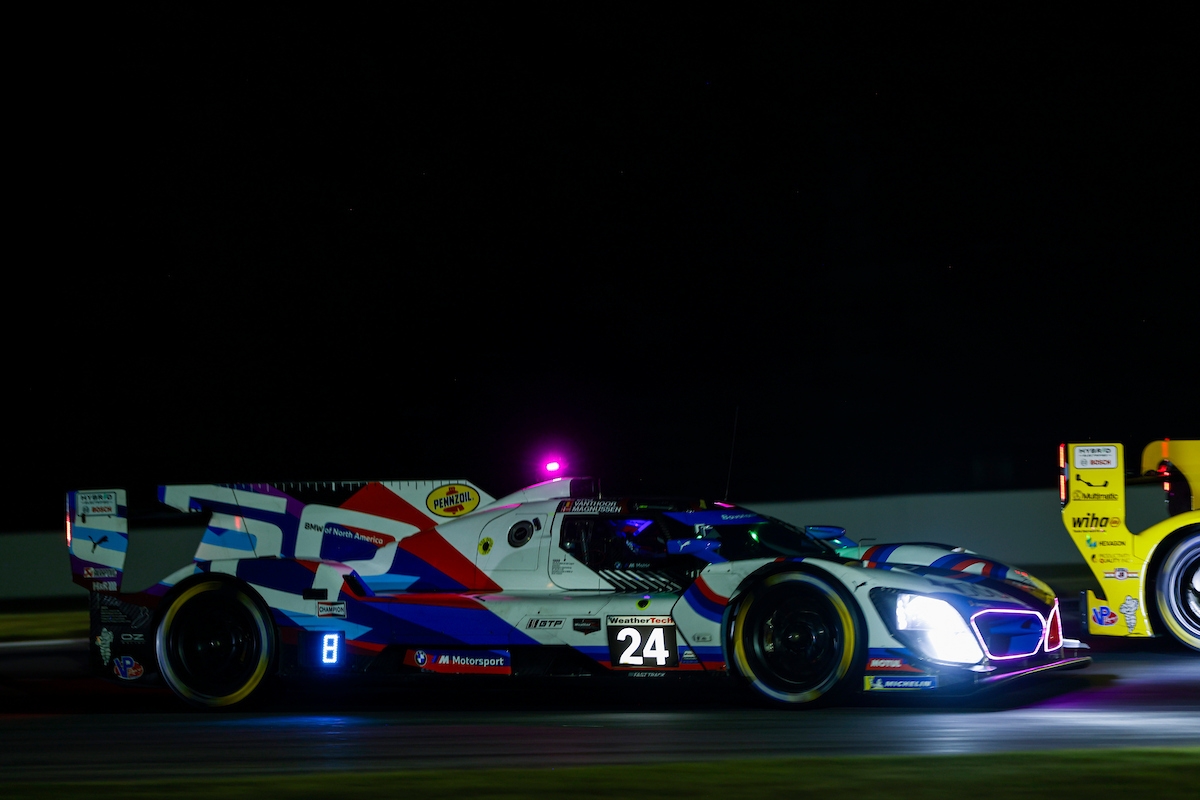IMSA fans enjoy watching “good, hard racing,” and many of its drivers enjoy taking part in it. But it was clear that after the Road America weekend two months ago that a threshold had been breached.
After a two-hour, 40-minute race marred with unnecessary contact and blocking, in which more than half the race was spent behind a safety car, It was clear that “good, hard racing” had been twisted into something that was hard to watch, and harder to be embroiled in.
Race Director Beaux Barfield and IMSA’s stewards needed to step in. Beginning at VIRginia International Raceway later in August, and continuing through the Battle on the Bricks at Indianapolis, there have been many more penalties handed down for avoidable contact and blocking. Ahead of this weekend’s Motul Petit Le Mans, many of the series’ top drivers were eager to weigh in on the subject.
“Everyone can make mistakes, and that happens,” said Alexander Sims of Corvette Racing by Pratt Miller Motorsports. “But there has certainly been a lot of racing in the near past that was not just people making mistakes: It was people knowingly driving other people off the track, going beyond what I think the spirit of the racing should be.
“So I think the stewarding has been forced to take a very hard line, and maybe they’ve had to go maybe too far the other way to make a point, but that’s just the reality of the situation. I think the right decision has been made.
“Having been in the stewards’ room in other championships myself, I can understand how difficult it is from their point of view to officiate correctly every single time. But I think on the whole, the IMSA championship is officiated very well. I think we can all probably agree that Road America was too out of hand and so I think the right reaction has happened.”
Sims is embroiled in a tough, winner-take-all fight for the GTD PRO title with DragonSpeed and its lead driver, Albert Costa – who feels the racing has been much more respectful after the initial change in direction from race control.
“I think we got all over it,” said the Spaniard. “Especially the last two races, because the respect I got from the other drivers while overtaking, that made me fight for the championship. Driving like before Road America, maybe I was not overtaking – maybe I was going on the gravel, and maybe I was not fighting at the end of the championship.
“I’m thankful for that change of mentality and being more strict to us, the stewards, on the briefing and everything. I think the racing has been nicer, more respectful between drivers, and at the end, it’s what we all want, so I’m happy with that.”
The rough driving in Road America was particularly pronounced in the GT categories, and it wasn’t just in the nominally Pro/Am GTD class – GTD PRO in particular has had some very bad-tempered racing, even going back to the infamous scuffle between Tommy Milner and Augusto Farfus at Daytona. Milner’s co-driver Nicky Catsburg was particularly pointed with his criticism of his GTD PRO peers when it came to the driving standards at Road America.
Over in LMP2, Dan Goldburg of United Autosports USA now faces an uphill climb to take the championship in large part due to a first-lap collision between himself and George Kurtz on the first lap of the Road America race. He isn’t bitter about it, though.
“Look, I’m a racer. We all are. Watch the video: I don’t think there was intent,” Goldburg said. “I don’t think he was like, ‘Let me run Dan off the road here’ – I think he didn’t have the front end, and he hit me.”
And while stricter penalties wouldn’t have changed Goldburg’s predicament after Road America, he is supportive of the new direction, and would be in favor of looser enforcement as long as that is communicated clearly to drivers.
“Even if he got responsibility for that, it wouldn’t change my championship – and at Indy, we had one incident towards the end of the race where we felt we weren’t given the racing room on the outside. One of the specific rules that Beaux put out there. Maybe it wasn’t as easily seen with the cameras in that area.
“But overall, I’m happy to hear things clarified. And we’ll play by those rules, whatever they are. As long as we know them and it’s equal treatment, I’m all for it.”

